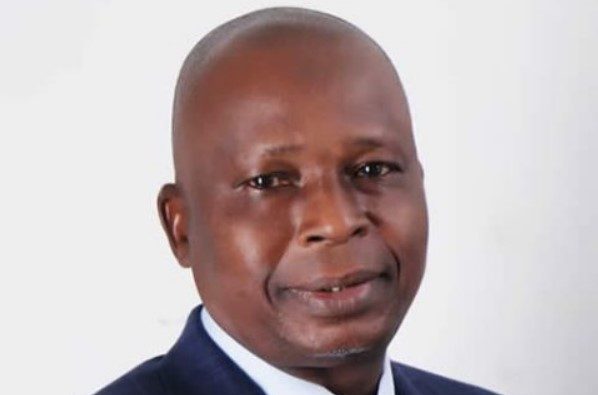The Attorney-General of the Federation and Minister of Justice, Lateef Fagbemi (SAN), has called on the Nigerian Labour Congress and Trade Union Congress to reconsider their proposed nationwide strike action scheduled to commence on June 3, 2024.
The Senior Advocate of Nigeria pointed this out in a letter addressed to the leadership of both unions on Sunday.
In the letter, the Attorney-General pointed out that the strike action is premature, ineffectual, and illegal.
According to Fagbemi, the decision to embark on a strike was made at a time when the Federal Government and other stakeholders involved in the Tripartite Committee on the determination of a new national minimum wage had not declared an end to negotiations.
He emphasised the need to balance the interests and capacities of all employers of labour in the country, including the Organized Private Sector, to determine a minimum wage for the working population.
The Attorney-General also highlighted that the unions failed to comply with the statutory condition precedents provided under the Trade Disputes Act 2004 and the Trade Unions Act, which require the issuance of a mandatory 15-day strike notice and adherence to dispute resolution procedures.
Furthermore, he noted that the proposed strike action is at variance with an interim injunctive order granted by the National Industrial Court in June 2023, which restrained the unions from embarking on any industrial action or strike.
Also Read:
- Over 5,000 guests attend Africa’s first-ever talk concert
- Mike Adenuga @ 72: Tinubu pens personal tribute
- Erotic Monday Night: A ‘sexfull’ therapy, by Tiwa Says
- Lagos signs MoU with International Consortium to ensure water rehabilitation, expansion
- NRC announces resumption of Warri-Itakpe train service
While acknowledging the Memorandum of Understanding signed between the government and labour in October 2023 to address the consequences of fuel subsidy removal, the Attorney-General urged the unions to return to the ongoing negotiation meetings in the spirit of collective bargaining and pursue their cause within the ambit of the law to avoid imposing avoidable hardships on Nigerians.
The government has assured that it will continue to adopt a conciliatory approach to resolving matters pertaining to workers’ and citizens’ welfare.


